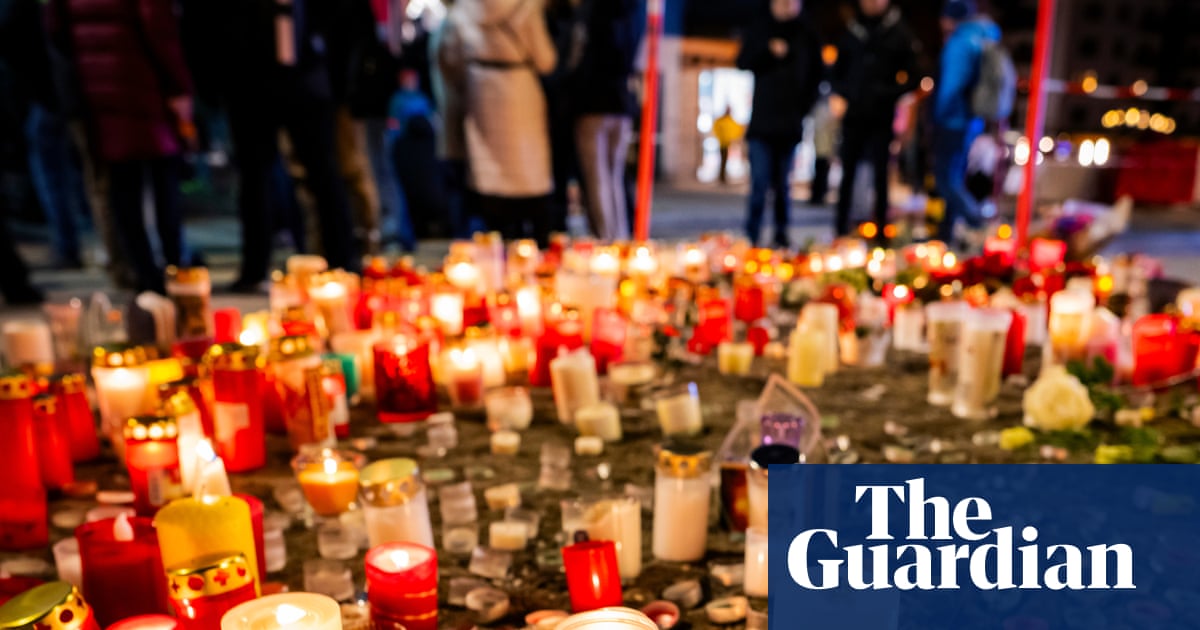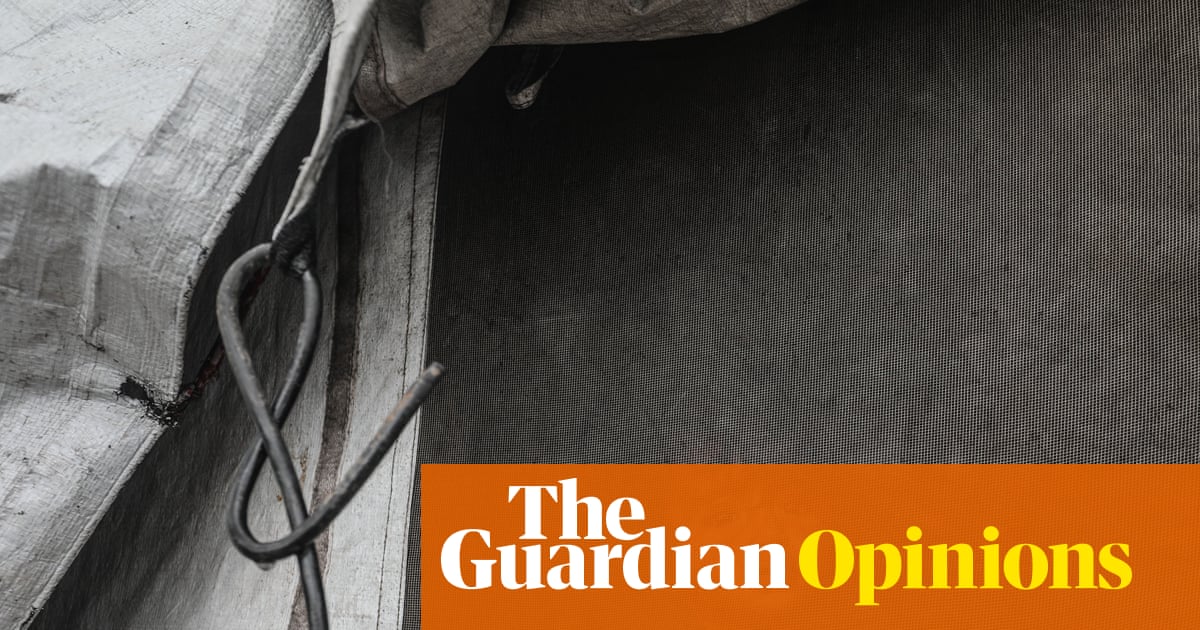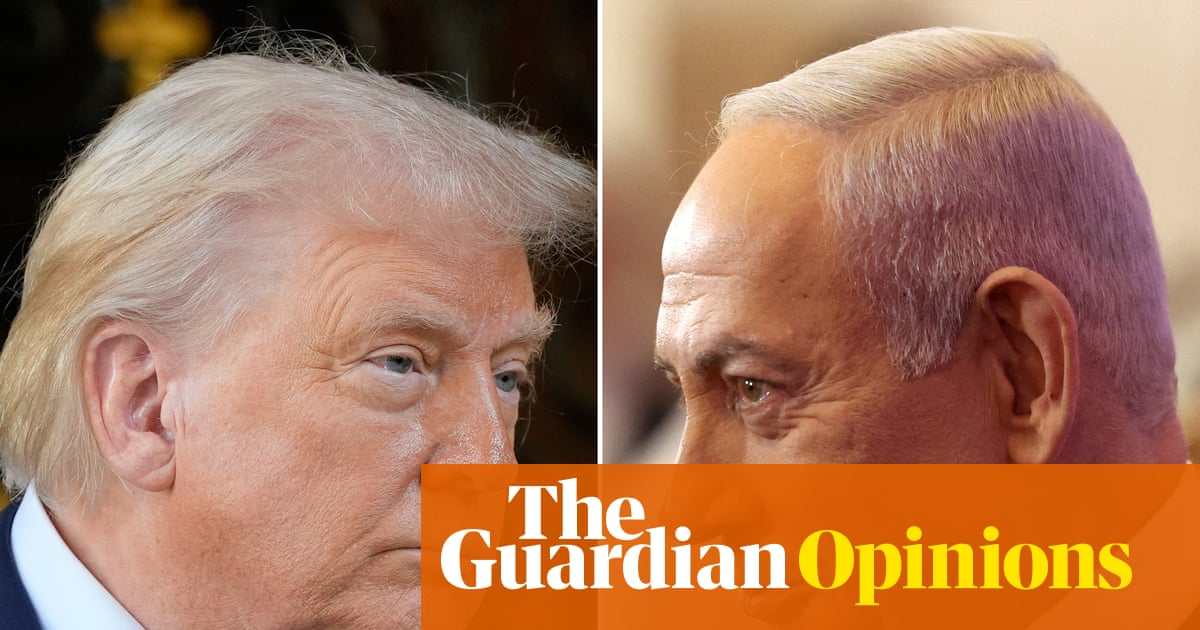The UN security council failed to pass a resolution on Friday that would have prevented the reimposition of UN sanctions on Iran over its nuclear programme before the deadline for the “snapping back” of punitive measures.
UN sanctions on Iran are set to be re-established at the end of the month unless the nine-member security council agrees to further extend sanctions relief. Friday’s resolution, put forth by South Korea, only received support from four countries – China, Russia, Pakistan and Algeria.
The vote is likely to further strain relations between Iran and the west. Under the terms of the 2015 nuclear deal with Iran, any member of the agreement can call to snapback UN sanctions within 30 days if it considers Iran to not be in compliance with its terms. This would automatically re-impose all UN sanctions placed on Iran before 2015, which include an arms embargo, asset freezes and travel bans.
Last month, France, Germany and the UK triggered the snapback provision of the deal after Iran refused to cooperate with International Atomic Energy Agency (IAEA) inspectors, which is tasked with monitoring implementation of the deal.
Two weeks later, Iran agreed to resume cooperation with the IAEA, but it has not yet been able to carry out all of its inspection activities and the body’s ability to operate in the country has been restricted for years.
Since the initiation of the snapback mechanism, intense diplomacy has taken place between mainly European powers and Iran to reach a deal to prevent the sanctions. Talks have not been fruitful, though the UK indicated on Friday after the vote that it is still open to diplomacy.
“The United Kingdom remains committed to a diplomatic solution. We are ready for further engagements diplomatically in the next week and beyond to seek to resolve differences,” said Barbara Woodward, the British ambassador to the UN.
The Iranian foreign ministry said in a Friday statement that it had consistently kept the path of diplomacy open and that it viewed the reimposition of sanctions as “unlawful, unfounded and proactive”.
Iran is still dealing with the impact of the 12-day Iran-Israel war, when Israel launched surprise attacks that it said was a pre-emptive move against the country’s nuclear programme. Iran insists that its nuclear programme is of a civilian nature and that it does not seek to create a nuclear bomb.

 3 months ago
100
3 months ago
100

















































